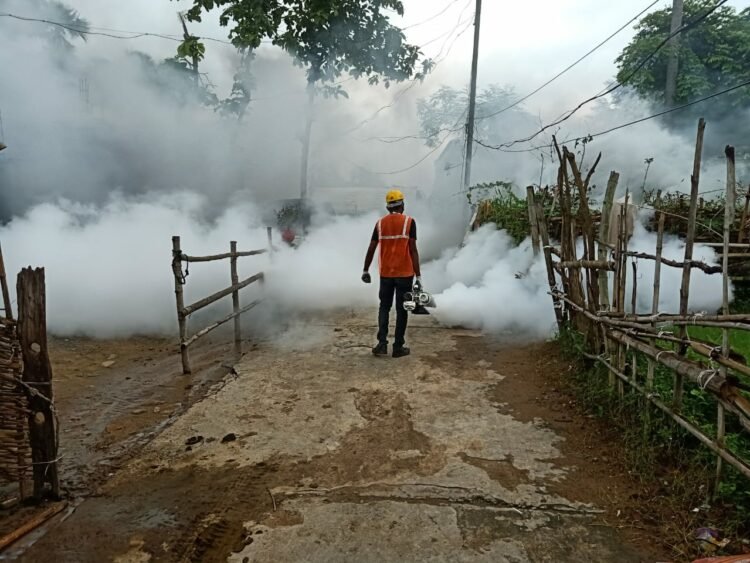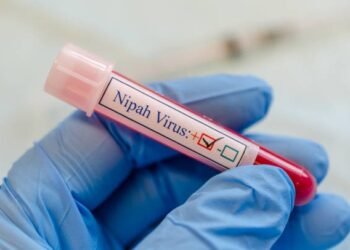NEW DELHI: Focusing on India’s priority to eliminate malaria, non-profit organization Malaria No More has been conducting advocacy workshops with stakeholders to increase conversation and improve strategy for malaria elimination. Today, Malaria No More conducted its fourth advocacy workshop, discussing the role of integrated vector management in Malaria elimination.
Integrated vector management aims to optimize the use of resources and tools for disease control while minimizing environmental impact. Integrated vector management using LLINs, indoor residual spraying, and larval source management is one of the key strategies as India progresses towards malaria elimination.
The workshop highlighted the role of Integrated Vector Management in India’s malaria elimination strategy. Participants in the workshop delved into existing best practices for vector control, vector management in urban areas, managing insecticide resistance with newer tools, and region-specific sub-strategies based on predominant vector and its behavior.
The workshop saw participation from entomologists and vector control officials, consultants from national and state-level programs, district-level officials, scientists from vector control research bodies of ICMR, manufacturers of insecticides, and members of civil society organizations. The advocacy workshop was conducted by experts like Dr. AP Dash, Vice-Chancellor, Asian Institute of Public Health, Dr. OP Singh Scientist ‘G’, ICMR, NIMR, Dr. SN Sharma, Consultant Centre for Medical Entomology & Vector Control, NCDC and, Dr. Vasanthan Paul John, Consultant and ESAC Member, Innovation Vector Control Consortium, Dr. Shanmugavelu Sabesan, Senior Consultant, Vector Control Research Centre, Dr. RS Sharma, Director, Absolute Human Care Foundation and Dr. Pratik Kumar, Senior Advisor, Malaria No More.
Emphasizing the need to initiate integrated vector management practices, Dr. AP Dash, Vice-Chancellor, Asian Institute of Public Health said, “Integrated Vector Management (IVM) is very effective in reducing malaria transmission. Implements such as Long Lasting Insecticidal Nets (LLINs) and Indoor Residual Spraying (IRS) are essential to control indoor mosquitoes. But there is a threat of insecticide resistance if these are not adopted judiciously. Also, these are ineffective in urban and outdoor transmission situations. Urban malaria and outdoor transmission of malaria should be addressed properly. Appropriate application of IVM is useful in all situations.”
Discussing implementation strategies for Integrated Vector Management, Dr. SN Sharma – Consultant Centre for Medical Entomology & Vector Control, NCDC said, “Malaria is preventable and curable – we can reduce India’s malaria burden by minimizing exposure to mosquitoes and limiting mosquito breeding sites. All members of the community, especially those at higher risk must avail themselves of the free health services offered at government facilities to mitigate risk. They should seek testing within 24 hours of fever and ensure timely diagnosis and treatment in case malaria is detected. The success of malaria elimination efforts rests on community awareness and participation in the government’s health sector efforts.”
As COVID-19 threatens to thwart global progress against some of the most persistent diseases like malaria, India must honor its commitment and redefine its strategies in surveillance, case management, and vector control in view of newer challenges to meet the 2030 deadline.
Malaria No More (MNM) envisions a world where no one dies from a mosquito bite. To support India’s historic drive to eliminate malaria by 2030, MNM India is working with partners at the national level to mobilize the necessary political will, funding, and innovation. MNM India’s Strategic Support Unit also works at the state level, providing technical management support to the malaria program in Odisha, once India’s state with the highest burden of malaria.





















